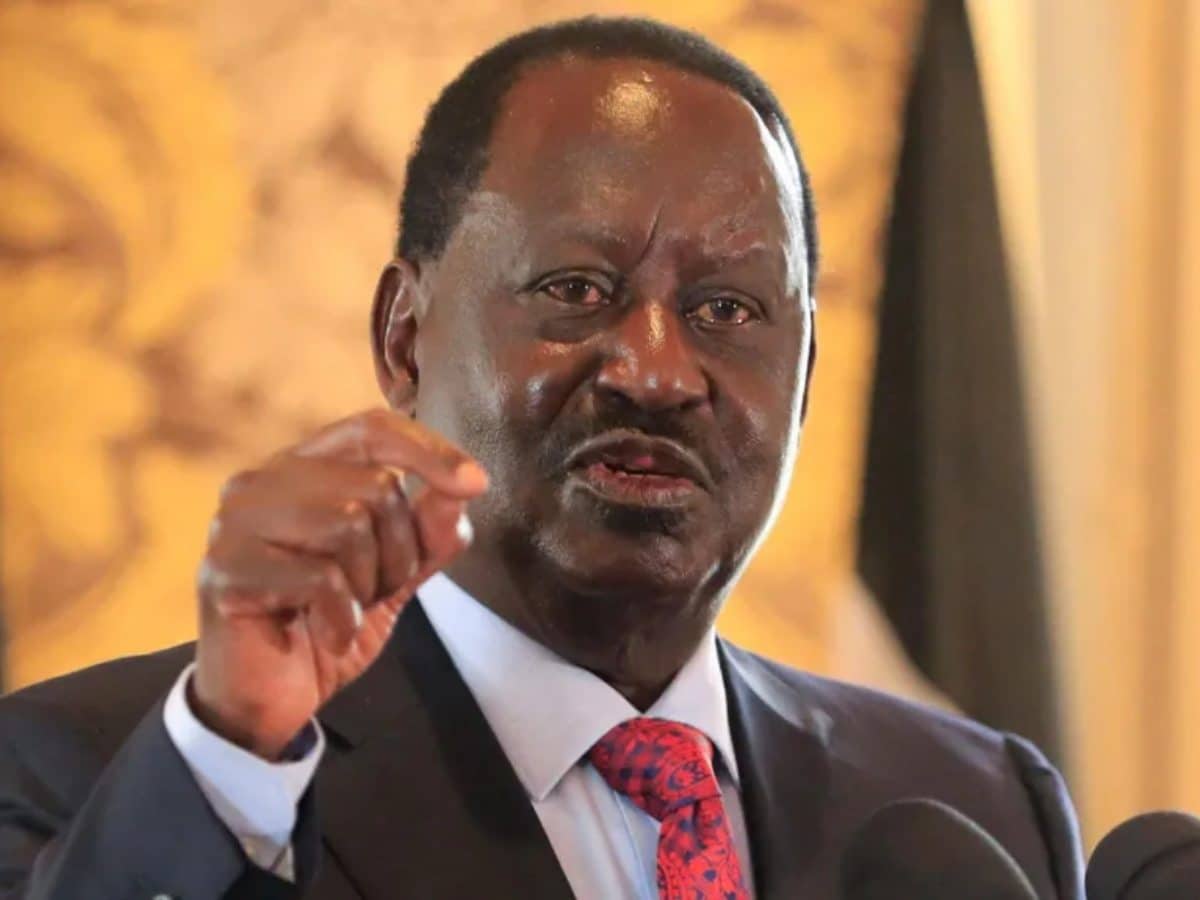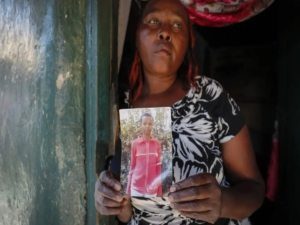Family members of former Kenyan Prime Minister Raila Odinga have announced that he has passed away aged 80 in India.
On Wednesday, Odinga died while receiving medical treatment at a hospital in India after he collapsed during a morning walk and was taken to Devamatha Hospital, per the BBC.
The health facility revealed that he had suffered a cardiac arrest, adding that he did not respond to resuscitation measures and was “declared dead at 09:52” local time (04:22 GMT).
READ ALSO: Madagascar’s president says he’s in hiding due to coup attempt
In the past few weeks, there were speculations about his health, although family members and political allies had suggested he was doing well.
Former President Uhuru Kenyatta, who happens to be a long-time rival, said Odinga’s death had “left a silence that echoes across our nation.”
Multiple Kenyan politicians and world leaders have also sent their condolences, including Indian Prime Minister Narendra Modi, who described Odinga as a “towering statesman and a cherished friend of India”.
In his political strongholds of western Kenya and parts of Nairobi, his supporters have been pouring onto the streets to mourn.
A huge figure in Kenyan politics, Odinga ran unsuccessfully for the presidency on five different occasions. He rejected the results on each occasion, often stating that victory had been stolen from him.
The turning point came after the 2017 elections, when he was vindicated by Kenya’s highest court when it annulled Uhuru Kenyatta’s victory and ordered fresh polls. Nonetheless, Raila Odinga boycotted the rerun and demanded electoral reforms.
The disputed 2007 election, in which Odinga alleged he was cheated of victory by Mwai Kibaki, led to the biggest crisis in Kenya’s history.
Violence hit the country so hard that 1,200 people died, with about 600,000 people forced to flee their homes.
To fix the situation, a power-sharing agreement was orchestrated by former UN Secretary-General Kofi Annan, leading to the formation of a unity government in which Odinga became prime minister.
He has often reconciled with the incumbent president after contentious elections.
Also, Odinga later joined President William Ruto in a so-called broad-based government, which brought many of his allies into key positions after his most recent defeat in 2022.
Raila Odinga explained the move as necessary for national unity, coming in the aftermath of watershed nationwide protests last year that culminated in the storming of parliament.
In elections held earlier this year, the Ruto administration reportedly backed Odinga’s bid to become chairperson of the African Union Commission. Despite strong regional support, he lost to Djibouti’s Mahmoud Ali Youssouf.
He was called “Baba” (Father), “Agwambo” (Act of God), and “Tinga” (Tractor) – drawn from his party’s symbol during the 1997 elections by his supporters.
Raila Odinga was also widely considered a master strategist and mass mobiliser, often drawing huge crowds to his political rallies, and he had a deep ability to connect with ordinary people.
READ ALSO: Rights group takes Ghana government to court over secret U.S. deportee deal
Odinga was a former political prisoner and holds the record for being Kenya’s longest-serving detainee. His family believes he will be remembered for his unwavering fight for democratic freedoms and human rights.










